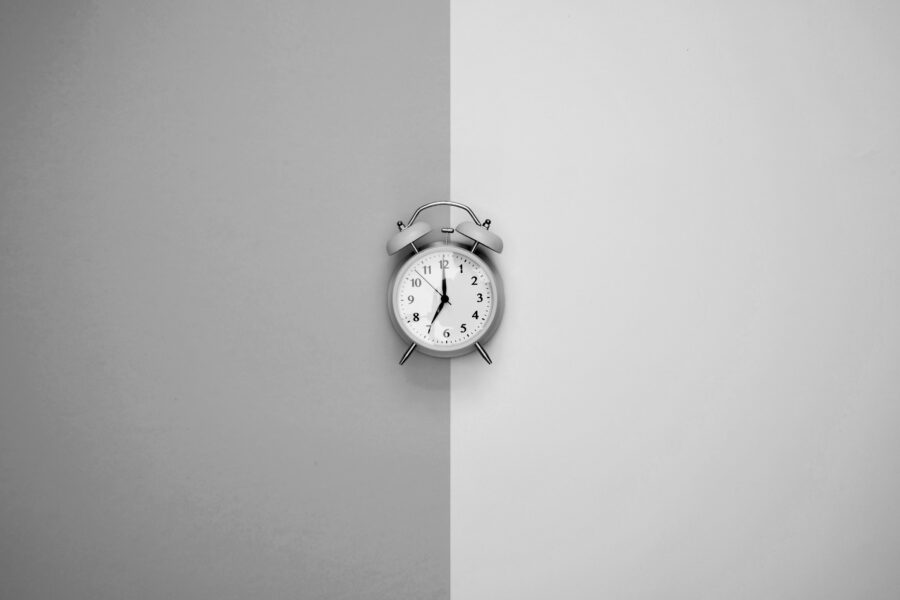Clutter is everything that occupies unnecessary room and leaves less space for the necessary, the essential. Clutter is not only visual, the stuff we observe in a room, but also mental, the thoughts crowding our mind. One reason we feel stressed and overwhelmed is that we run out of space. Mentally. But mental decluttering is the answer to an overstimulated mind.
Does the above sound easier to say than do? No, not really. One may believe that mental decluttering requires time, much effort and hard work, but, for once, this can be a process smoother than it sounds. All you need is commitment to the goal and determination to create a valuable space by letting go.
“The ability to simplify means to eliminate the unnecessary so that the necessary may speak.”, Hans Hofmann, the renowned artist, has remarkably stated about art. I find this quote resonating with life as well. By removing the superfluous, we allow space for the meaningful and necessary.
Ideas for mental decluttering
- Nutrition and exercise. A vast body of research shows the incomparable impact of good nutrition habits and exercise on our psychology and mental state. It is never too late to establish new diet practices and exercise routines. Choose a program that makes you happy and works for you, and you will soon witness its effect on your mind.
- Sleep. Nothing like a good night’s sleep. But not only one good night’s sleep; every night’s sleep. I can’t stress this enough, go to bed early! Make sure that before bedtime, you do something relaxing, be it reading, listening to music or podcast, meditating or having a bath.
- Rituals. Find your drops of happiness and turn them into rituals or integrate them into your existing routines. Rituals help us define the things that make us happy, provide a feeling of security and give us purpose. A bubble bath with candles, a cuddle with your pet, a hot coffee, a nice meal; the simple things that offer moments of happiness and help redefine our day’s flow.
- Write things down. A great way to decompress our minds is by keeping a journal and scribbling something down. Abstract or complex thoughts take shape and don’t seem so perplexed anymore.
- Today-list. If you feel overwhelmed by the tasks, you must accomplish daily, create a compelling and manageable today- list. Leave aside the long, endless and chaotic to-do lists, which are generators of additional mental stress and become specific about the jobs you need to focus on every day.
- Stop multitasking. I used to feel so proud of myself for being a great multitasker. But I was unconsciously creating more stress and mental clutter for myself, for multitasking is a great skill, but it generates false or unrealistic expectations. Let go of multitasking and concentrate your brain power on specific and manageable targets. There will always be endless things to do, but is it worth overdoing it and wearing yourself out? When necessary, multitasking is a great skill and resource; use it wisely and responsibly.
- Meditate. Find the tool that brings you back to the here and now. Pausing, concentrating and taking deep breaths help me put my mind in order and eliminate unnecessary stress. There are various forms of meditation to choose from. There is undoubtedly one suitable to your needs.
Mental clutter can rapidly and effortlessly cram our mind’s precious space because life is chaotic. There are situations we cannot control and, therefore, cannot influence. But when it comes to managing our mental capacity, we have complete control of our minds. No one else will do it for us. We may believe that freeing mental space is a toilsome task, but it doesn’t have to be this way. Incorporating some, if not all, of the above ideas in our daily life, can bring us one step closer to living the life we wish.



Sometimes, I do use today-lists written on small pieces of paper. They can be extremely helpful!
Hi Christina,
Well done! That’s a helpful way to remember the daily task without struggling to keep them in our mind and strain our brain.